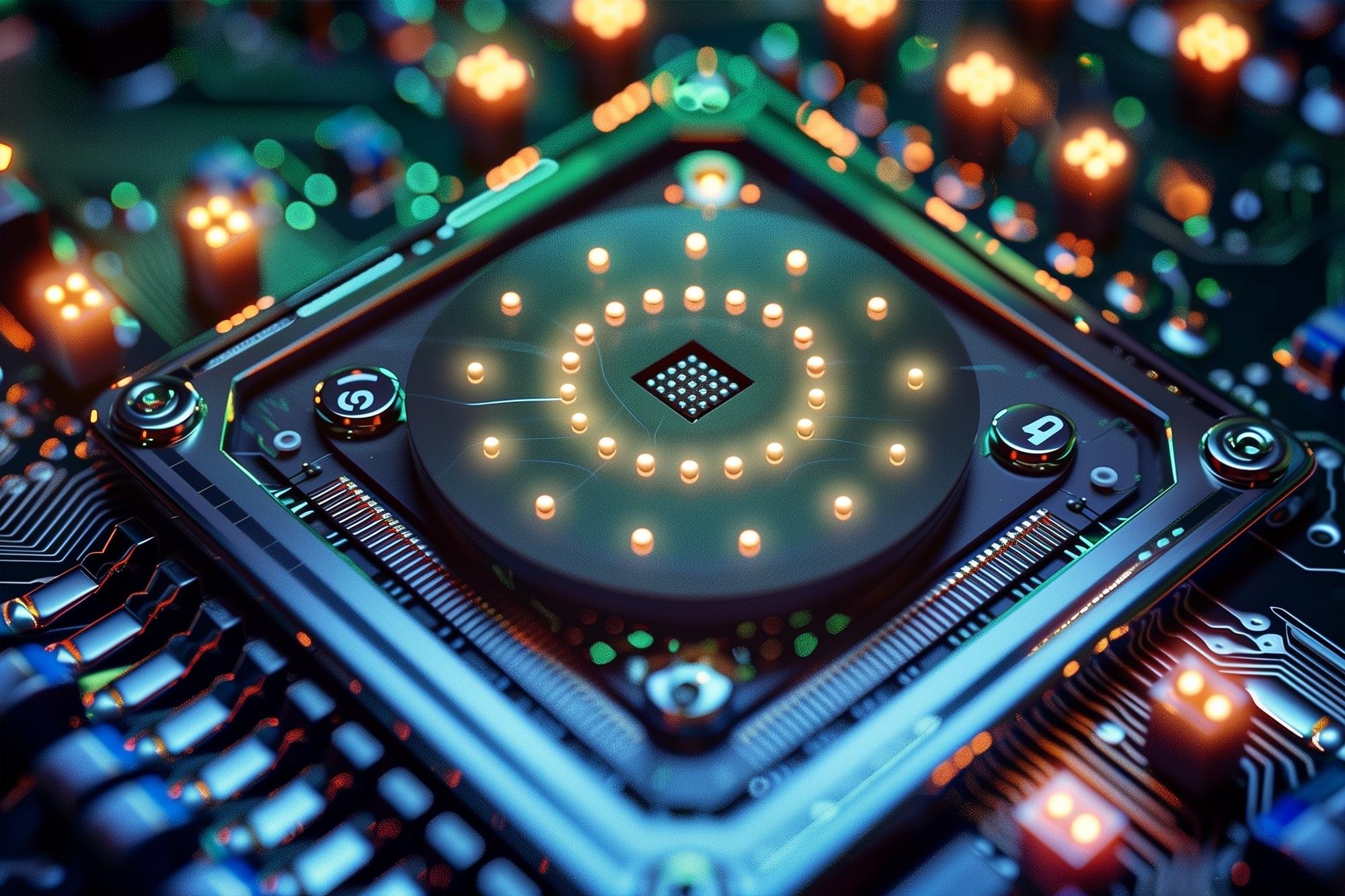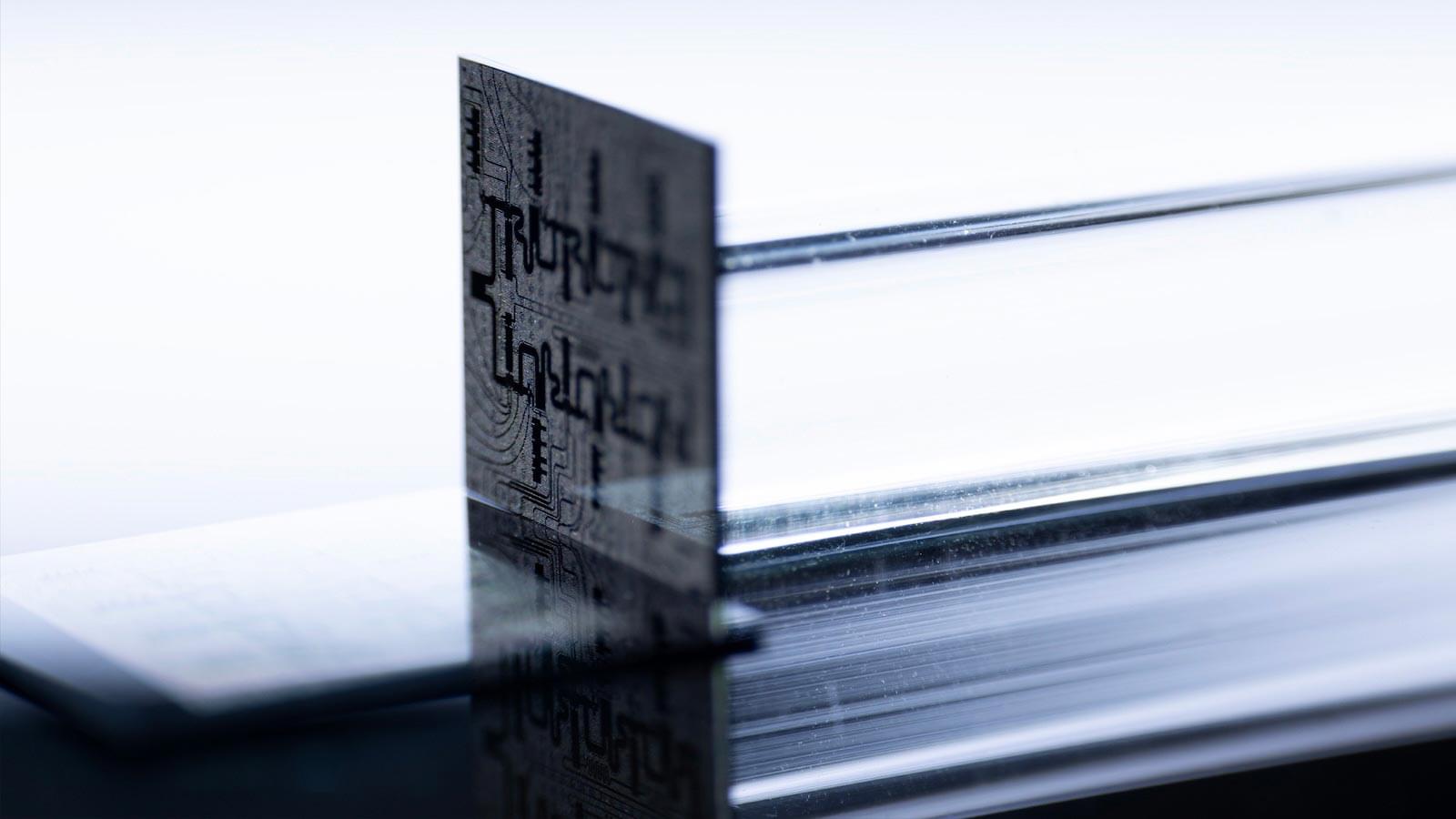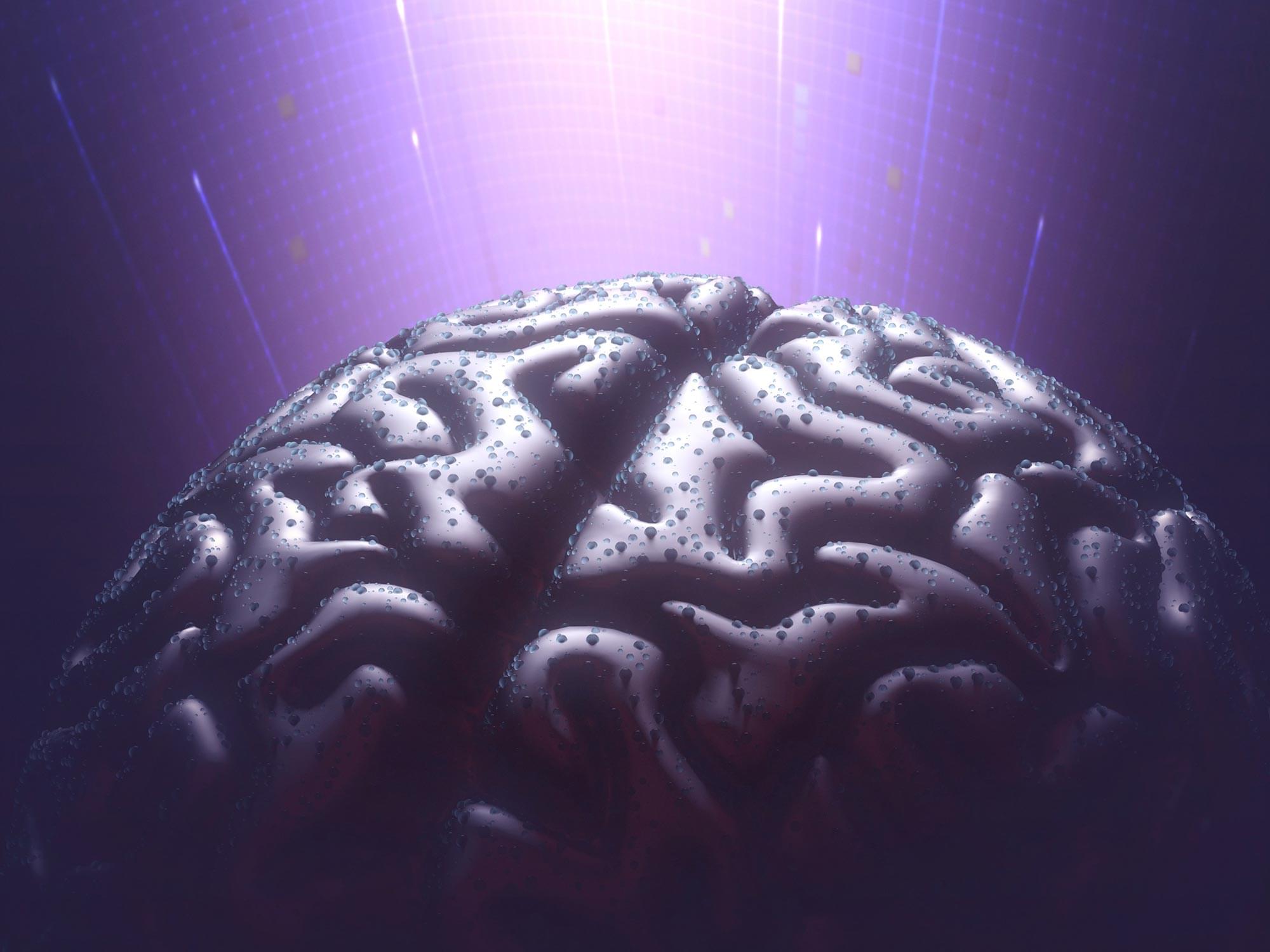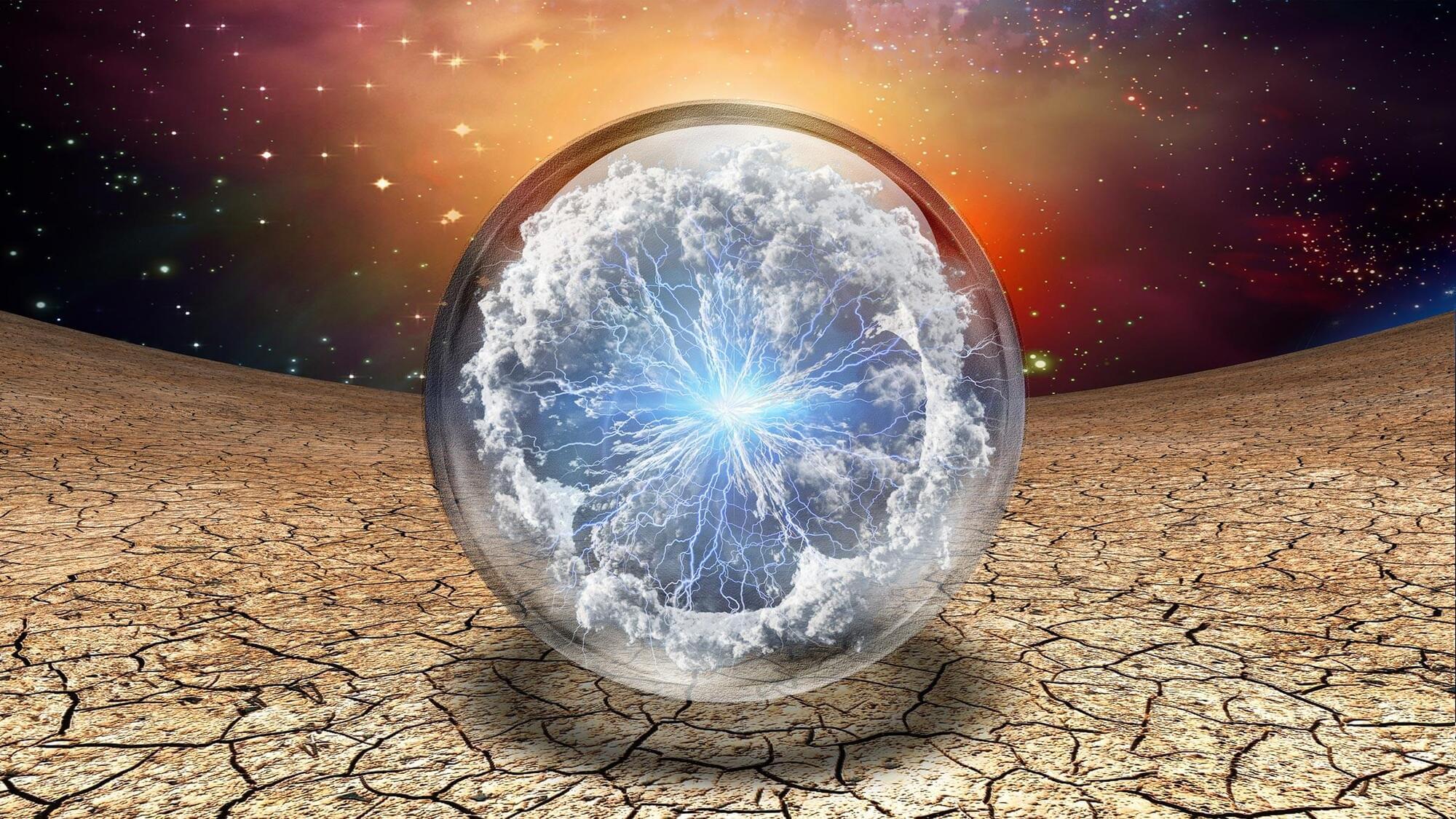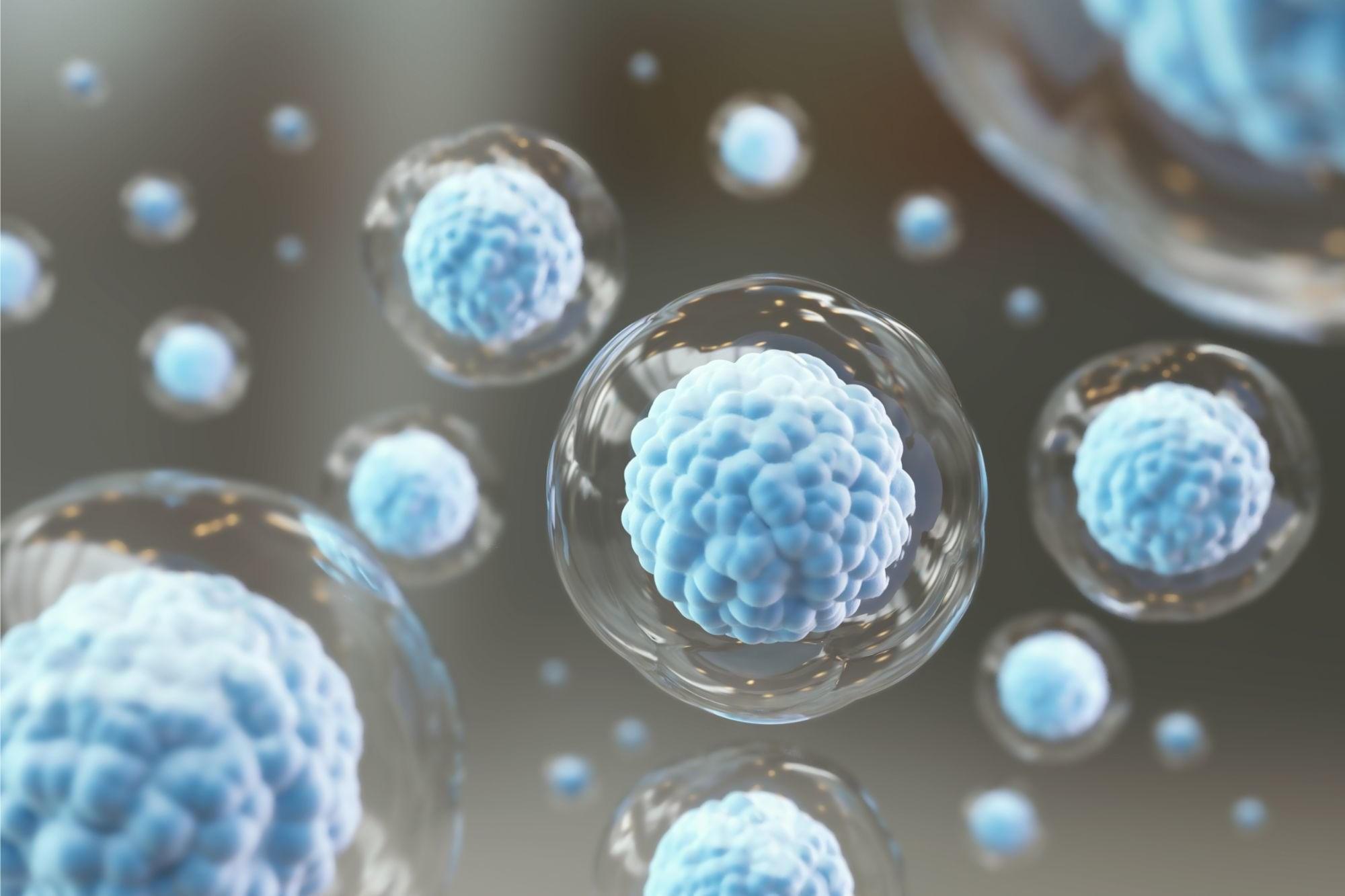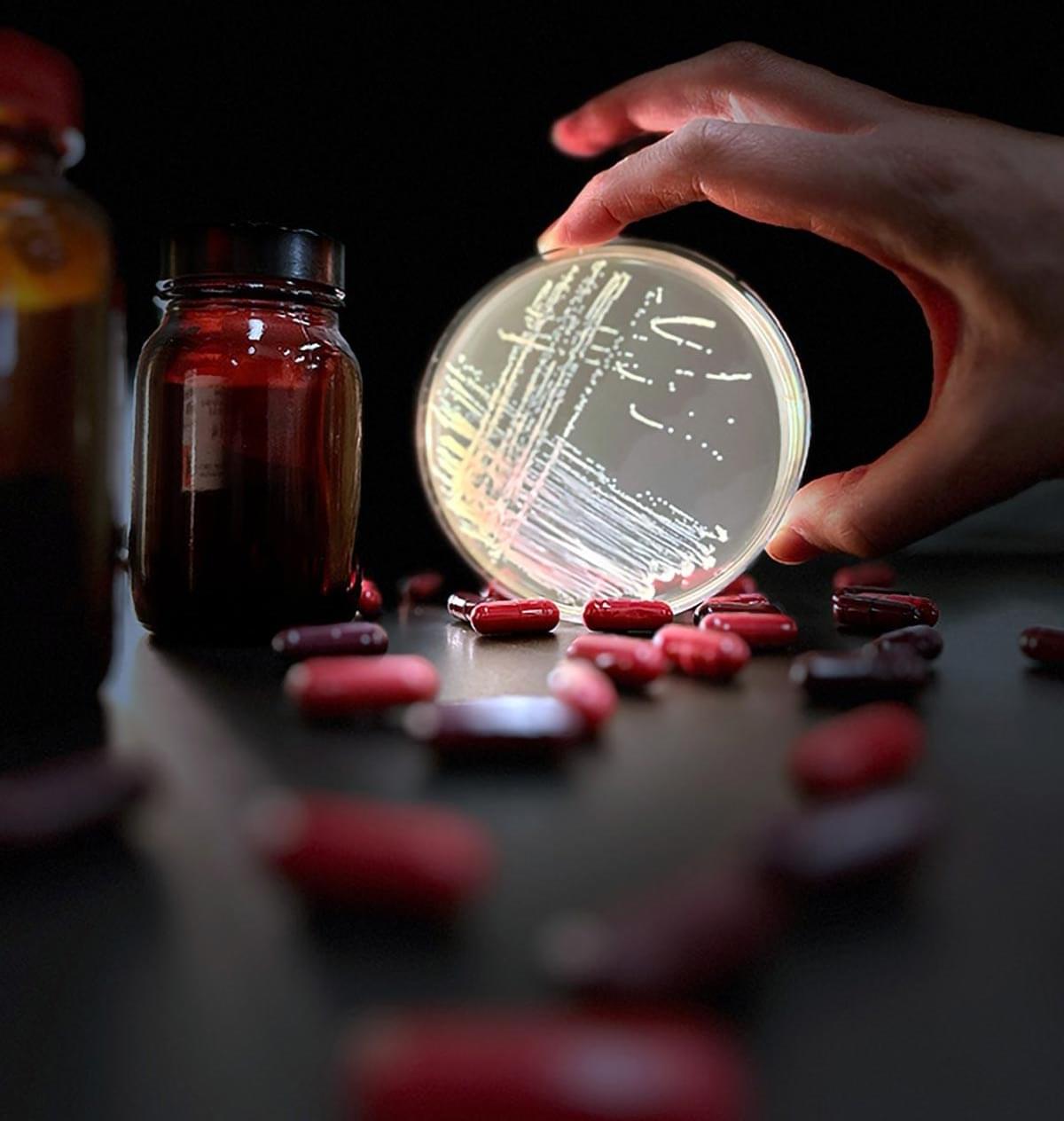Optical atomic clocks have the potential to improve timekeeping and GPS
GPS, or Global Positioning System, is a satellite-based navigation system that provides location and time information anywhere on or near the Earth’s surface. It consists of a network of satellites, ground control stations, and GPS receivers, which are found in a variety of devices such as smartphones, cars, and aircraft. GPS is used for a wide range of applications including navigation, mapping, tracking, and timing, and has an accuracy of about 3 meters (10 feet) in most conditions.
